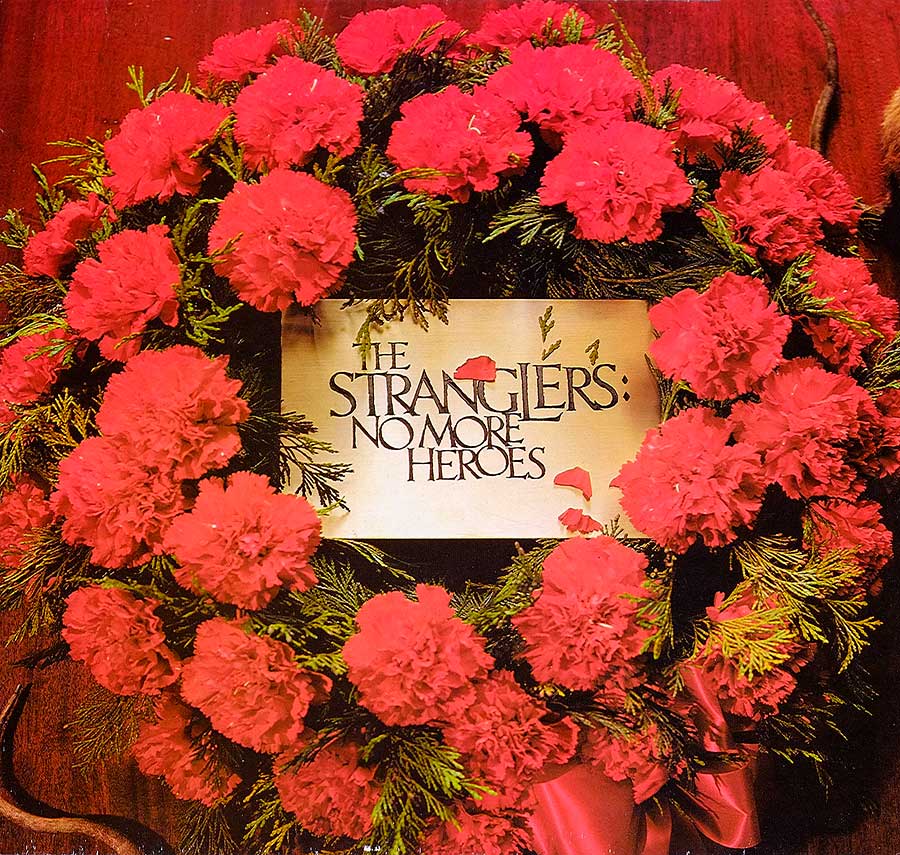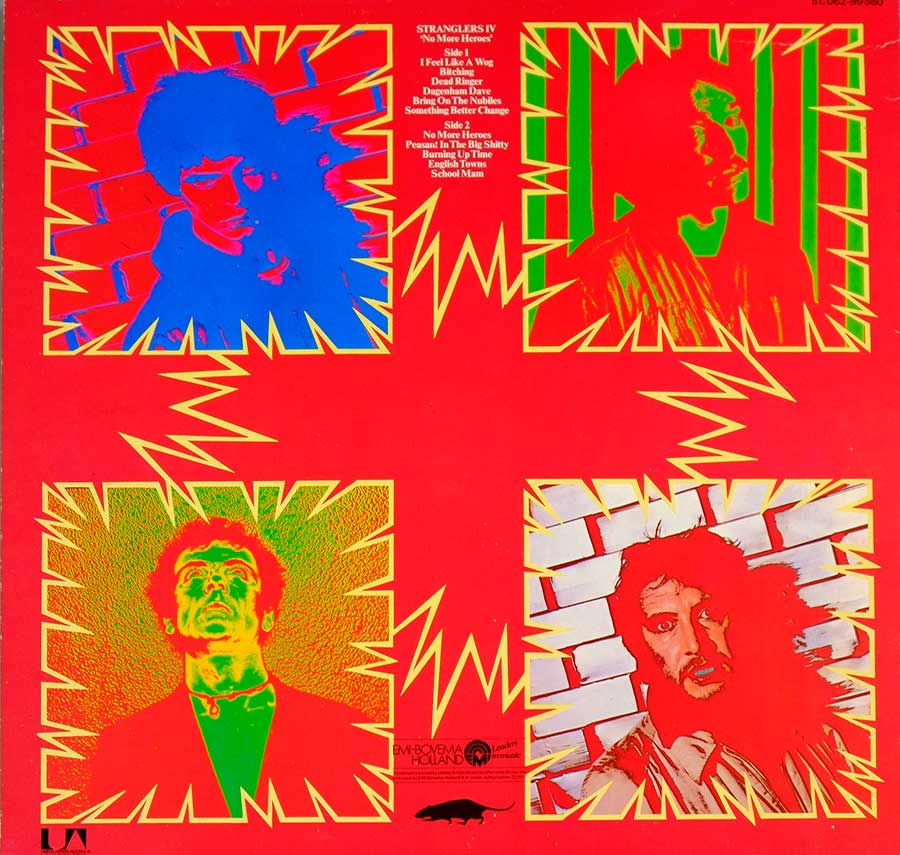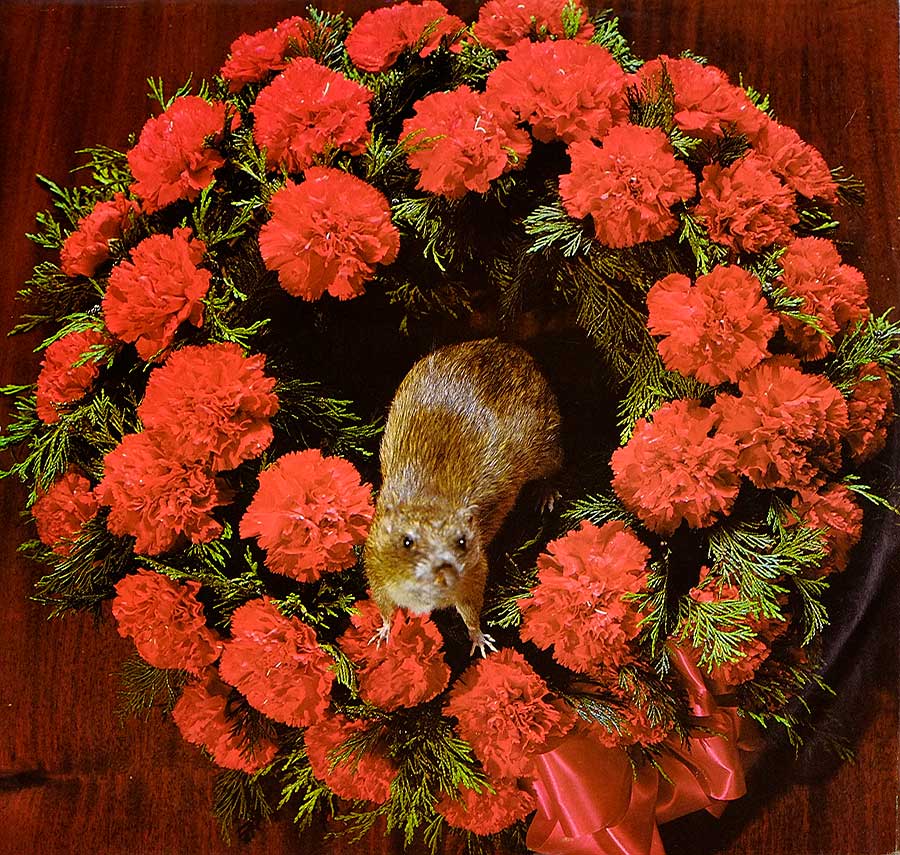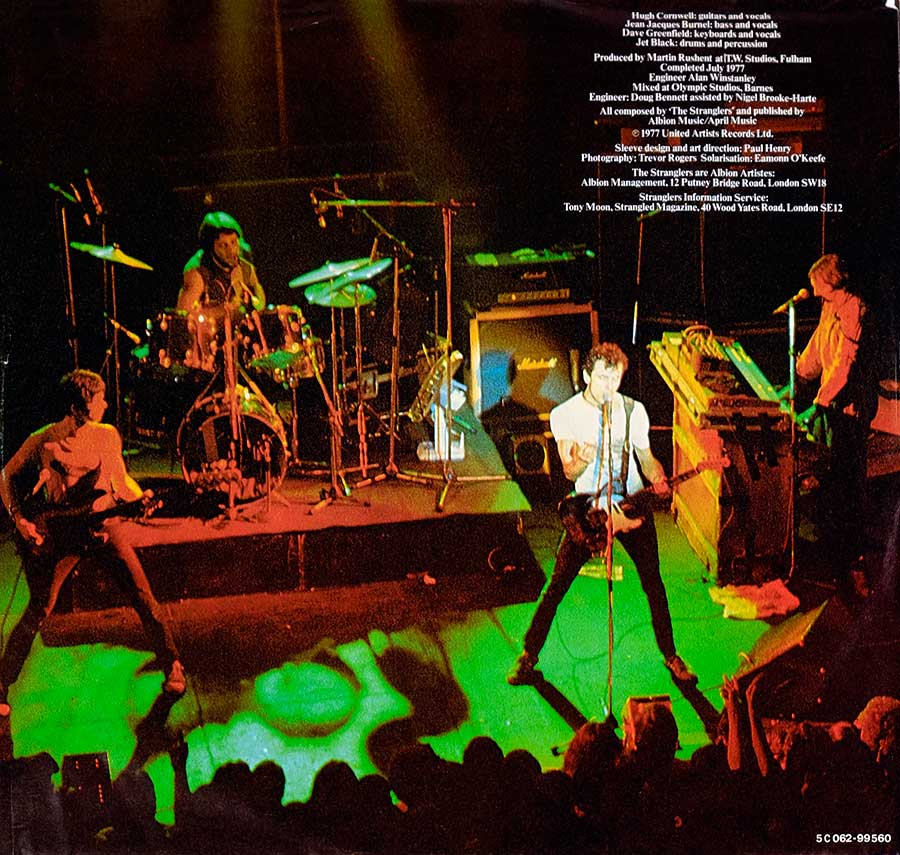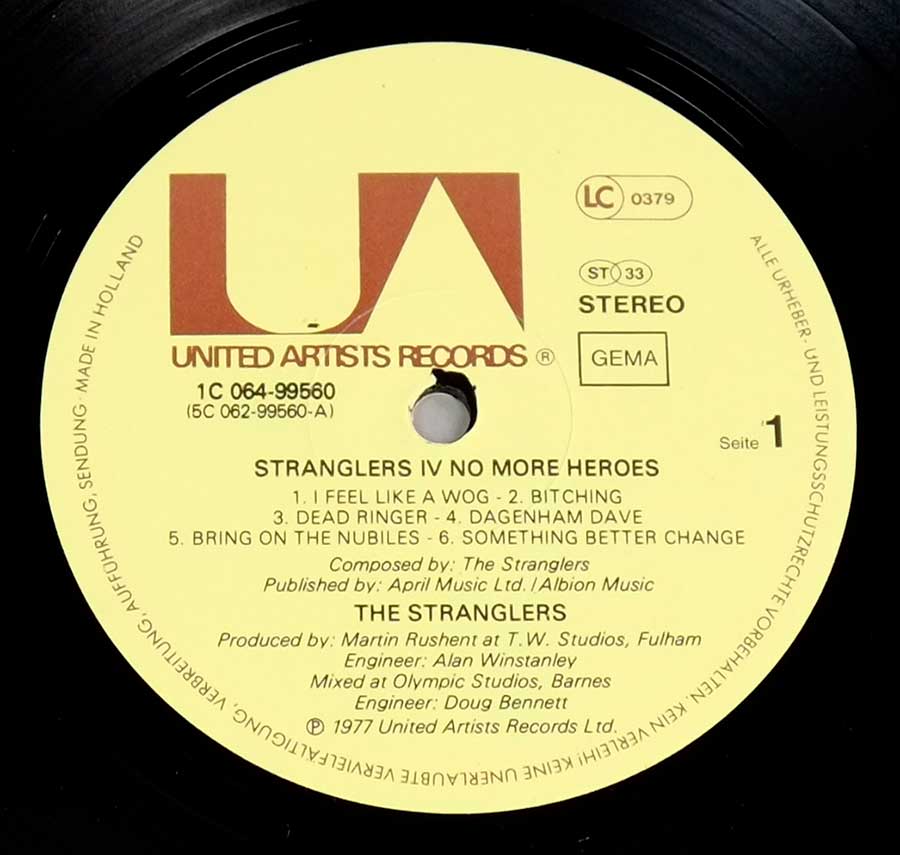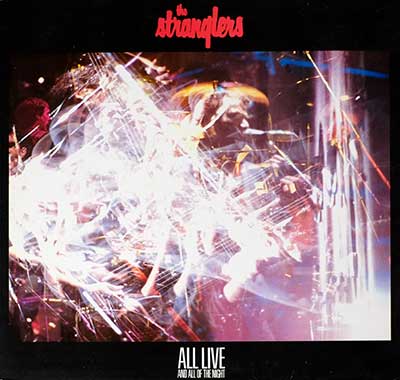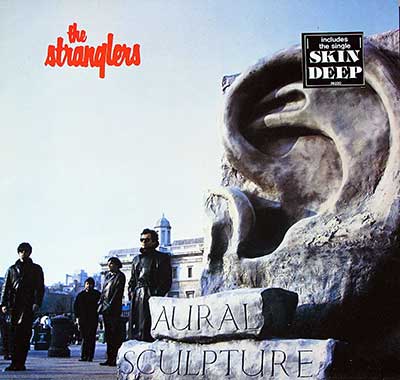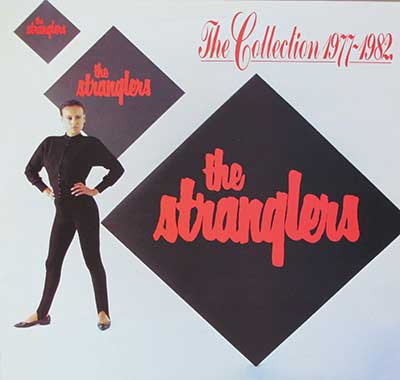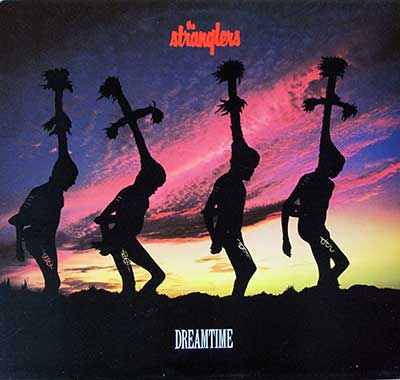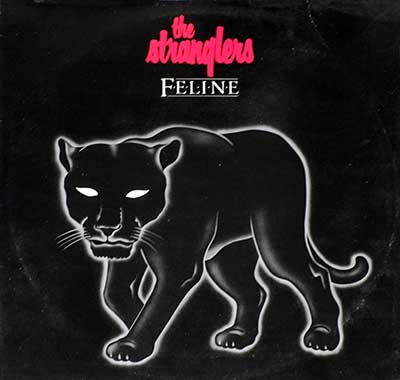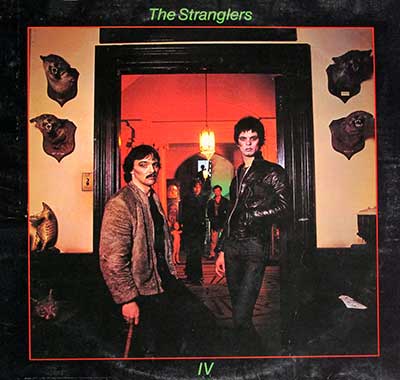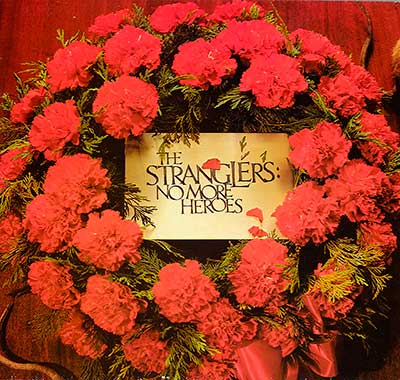"No More Heroes" Album Description:
The year 1977 marked a pivotal moment in the history of punk rock, and The Stranglers' second album, "No More Heroes," emerged as a defining masterpiece of the genre. As the follow-up to their debut album, "Rattus Norvegicus," this LP showcased the band's evolving sound and solidified their place in the world of punk history.
The Making of "No More Heroes"
The Stranglers, consisting of Hugh Cornwell, Jean-Jacques Burnel, Dave Greenfield, and Jet Black, embarked on the recording journey for "No More Heroes" in 1977. The album's creation was marked by a raw energy and rebellion that defined the punk ethos of the time. The recording process was notably efficient, reflecting the band's desire to capture the immediacy and intensity of their live performances.
The album cover, featuring a striking image of a wreath placed on a coffin with the tails of several rats, set the tone for the dark and provocative themes explored within the tracks. This visual representation echoed the rebellious and anti-establishment sentiments that punk rock as a genre often encapsulated.
Tracklist and Themes
"No More Heroes" comprised eleven tracks that delved into a range of themes, from social criticism to existential pondering. The titular track, "No More Heroes," stood out as a scathing commentary on the idolization of public figures, challenging the notion of hero worship.
Other notable tracks like "Something Better Change" and "Bitching" continued the album's exploration of societal issues, delivering a powerful message with a blend of aggressive instrumentals and thought-provoking lyrics.
Reception and Legacy
Upon its release, "No More Heroes" received critical acclaim for its innovative sound and unapologetic attitude. The album charted well in the UK, solidifying The Stranglers' status as a force within the punk movement.
The legacy of "No More Heroes" endures, influencing subsequent generations of punk and alternative rock artists. Its raw energy, socially charged lyrics, and unique sonic palette continue to resonate with fans, making it a timeless piece of punk rock history.
